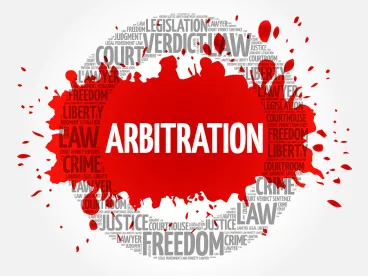Joining several other federal appellate courts including the Fourth and Ninth Circuits , on October 22, 2018 the Seventh Circuit concluded in Herrington v. Waterstone Mortgage Corporation, No. 17-3609 (7th Cir. Oct. 22, 2018) that the arbitrability of a class claim is one for the court to decide, not the arbitrator. In so doing, the court placed in jeopardy a $10 million arbitration award in a wage-hour case.
Herrington originally filed suit against Waterstone, alleging that Waterstone failed to pay her and other employees minimum wages and overtime pay in violation of the FLSA. Waterstone moved to enforce an agreement to arbitrate that stated the “arbitration may not be joined with . . . any claims by any person not party to this Agreement.” Despite that language, the district court sent the parties to arbitration, instructing the arbitrator to allow other employees to join the case.
In a collective arbitration , the arbitrator awarded more than $10 million in damages.
Following the Supreme Court’s decision in Epic Sys. Corp. v. Lewis, ___ U.S. ___, 138 S. Ct. 1612 (2018), the Seventh Circuit concluded that the waiver of class claims was enforceable. One question not addressed by Epic, however, was whether the court or the arbitrator should make this determination.
Because the availability of a class or collective action is a “gateway matter,” the Seventh Circuit concluded it is a question of arbitrability for the court to decide, not the arbitrator. The fundamental question was whether the employees had agreed to arbitrate — and whether Waterstone also agreed. The Court noted that in agreeing to arbitration, an employer essentially waives appellate review—which could result in a large arbitration award with little or no opportunity for review.
In view of Herrington, two issues now seem settled in the Seventh and several other circuits. First, agreements mandating individual arbitration of wage-hour claims are enforceable. Second, it is for the court to interpret the arbitration agreement to determine whether it permits class claims, not the arbitrator.



 />i
/>i
